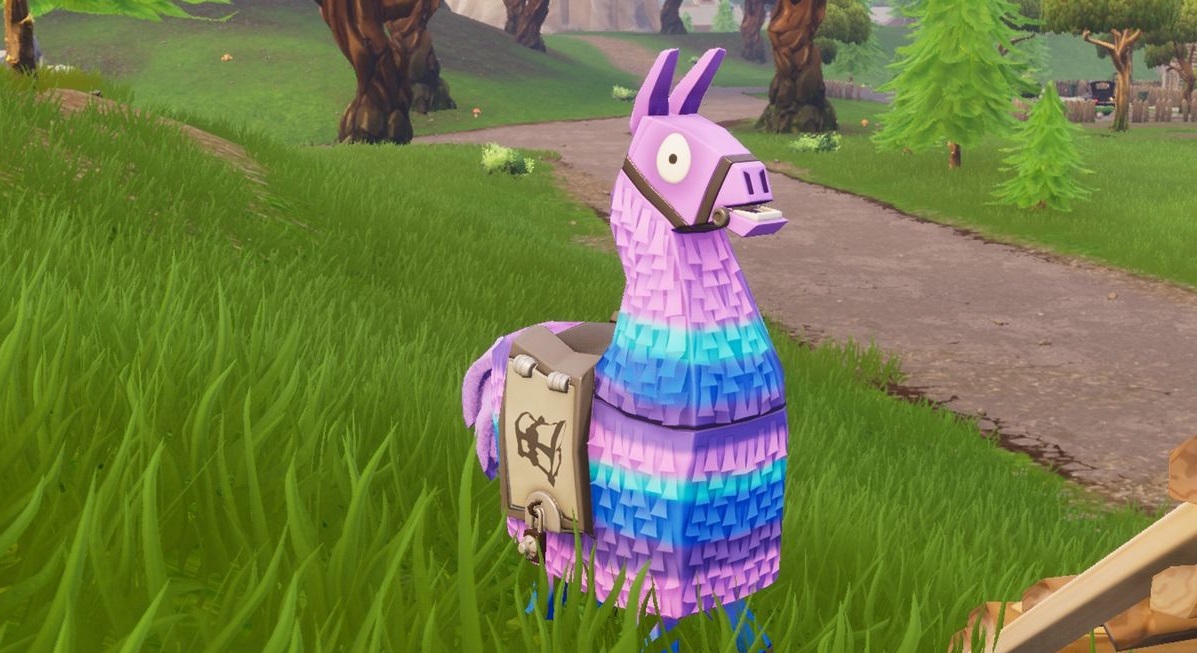Tim Sweeney 'does not take any orders from Tencent,' says Epic
Epic sounds a bit tired of the narrative that one of its investors runs the show.

During a public Q&A at the Game Developers Conference this week with Epic Games Store leaders Steve Allison, Sergey Galyonkin, and Joe Kreiner, a GDC 2019 attendee invoked a claim that's appearing more frequently in Reddit threads, tweets, and discussions of the company: that Tencent, which invested in Epic in 2013, 'actually' runs the company.
"[I'm] wondering if it was Tencent's idea to abandon Unreal Tournament's community?" the expo attendee quipped.
After letting the audience laugh through the awkward tension in the room, Epic Store lead Steven Allison gave a firm response. "Tencent has no, zero, input into our business. They do not talk to us about what we are doing. They don't suggest what we should be doing. They don't make any decisions for us. They are not in our building. Everything we do is with our team, and the final point of conversation when it goes up to the top is Tim [Sweeney, CEO]. And Tim does not take any orders from Tencent. Believe me."
In 2013, well before Fortnite became a global entertainment phenomenon, Tencent acquired a 40 percent ownership in Epic for $330 million. Tencent's gaming portfolio is vast: it completely owns Riot Games, Clash of Clans maker Supercell, and holds a 5 percent interest in Ubisoft.
"Obviously there was a significant investment that [Tencent] made in the company a few years ago, and we like them as a company, and they're a partner of ours, but they're not running our business," Allison continued. "They are not in the building. We don't share anything with them. In fact, we compete with them. They run PUBG. We compete with them."
"So Tencent has nothing to do with the Epic Store," asked the attendee.
"Zero," said Allison.
The biggest gaming news, reviews and hardware deals
Keep up to date with the most important stories and the best deals, as picked by the PC Gamer team.
There's been no evidence that Epic is being controlled by interests other than its own. On Twitter and elsewhere, Tim Sweeney has explained and defended every recent move Epic has made, and it feels clear that he and his senior leadership both had the idea for, and are executing the Epic Store because they see an opportunity to challenge Steam. They continuously promote their 88/12 revenue split as a better standard for the industry, and one they want to promote with the Epic Store—it's hard to believe that stance comes from a giant Chinese publisher, and not Sweeney and Allison. The Epic Store is not, for example, hosting League of Legends or Tencent's other products.
After the investment in 2013, Sweeney said that "two Tencent representatives joined Epic's board of directors, in addition to the three directors and two observers appointed by Epic." What influence do these representatives have over Epic's decisions? In a back-and-forth on Twitter in February, Sweeney said that the board members "weigh in on discussions and vote as fiduciaries on behalf of the interests of the company," but that Tencent can't "dictate decisions" to Epic. Sweeney is the controlling shareholder of Epic Games, and Tencent is not.
"Epic is an American company," said Sweeney in a tweet from January. "There are investors and equity holders from all around the world, including Tencent in China. It’s normal for companies of this scale have international shareholders."

Tyler grew up in Silicon Valley during the '80s and '90s, playing games like Zork and Arkanoid on early PCs. He was later captivated by Myst, SimCity, Civilization, Command & Conquer, all the shooters they call "boomer shooters" now, and PS1 classic Bushido Blade (that's right: he had Bleem!). Tyler joined PC Gamer in 2011, and today he's focused on the site's news coverage. His hobbies include amateur boxing and adding to his 1,200-plus hours in Rocket League.

